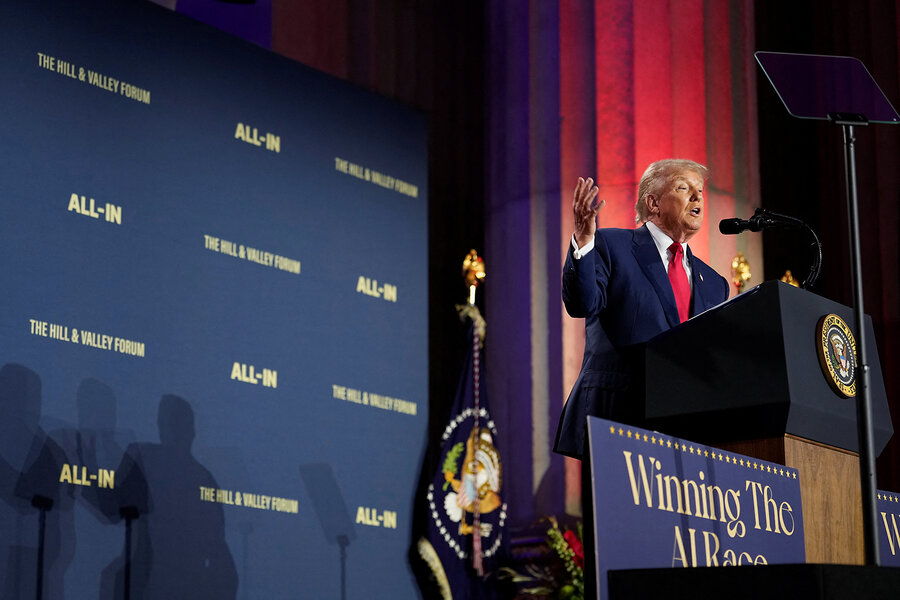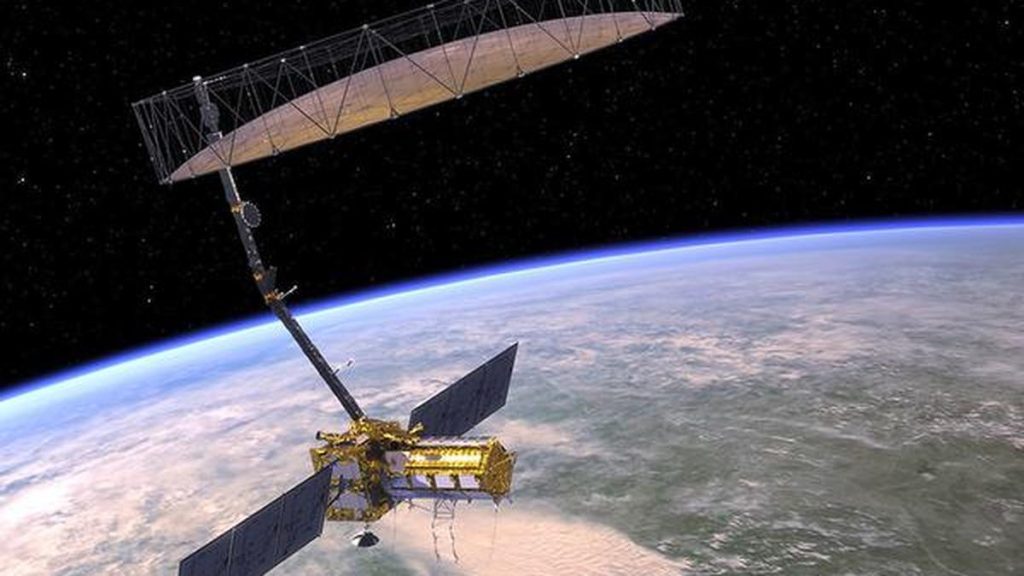Now Reading: Trump Pushes Loose AI Policies to Compete with China
-
01
Trump Pushes Loose AI Policies to Compete with China
Trump Pushes Loose AI Policies to Compete with China

Rapid Summary:
- Announcement: president Trump unveiled policies to bolster U.S. private-sector investment in artificial intelligence (AI).
- motivation: Efforts aim to counter China’s rapid strides in AI,as Beijing seeks global AI leadership by 2030.
- Policy Measures:
– Loosening regulations for AI industry growth.
– Removing export barriers for U.S. AI technology and chips.
– Easing state-level restrictions that might hinder innovation.
- Controversies:
– Removal of Biden-era safeguards on AI systems.
– Elimination of diversity and inclusion language from American AI models, drawing criticism from various groups.
– Opposition to compensating publishers/artists for use of thier work in training AI systems.
- U.S.-China Competition:
– In patents and scientific articles, China leads globally (70% of patents, nearly a quarter of research papers vs. <10% from the U.S.).- Chinese company DeepSeek produced comparable models at lower cost than their U.S.counterparts, momentarily impacting Wall Street share prices but boosting competition.
- Private Sector Edge: the American private sector invested $109 billion last year into AI, considerably outpacing China’s $9.3 billion.
Indian Opinion Analysis:
The intensifying race for dominance in artificial intelligence between the United States and china carries global implications that transcend economic concerns; it directly impacts geopolitics and future technological innovations. While president Trump’s emphasis on deregulation may accelerate short-term advancements within the domestic industry,the removal of safeguards raises ethical questions about responsible advancement-a concern echoed worldwide.
For India specifically-an emerging player in technology-the deepening competition presents an possibility to recalibrate it’s strategies toward leveraging partnerships while fostering indigenous innovation capacities through robust policy frameworks mirroring global best practices. Furthermore, India’s commitment to democratic principles could enhance its reputation as a reliable collaborator focused on ethical applications of advanced technologies like large language models.
As nations increasingly prioritize national competitiveness over international cooperation on responsible governance frameworks highlighted in initiatives like those led by OECD or UN bodies, India must tread carefully by balancing innovation-driven progress with safeguarding societal values against unchecked technological disruptions.






















